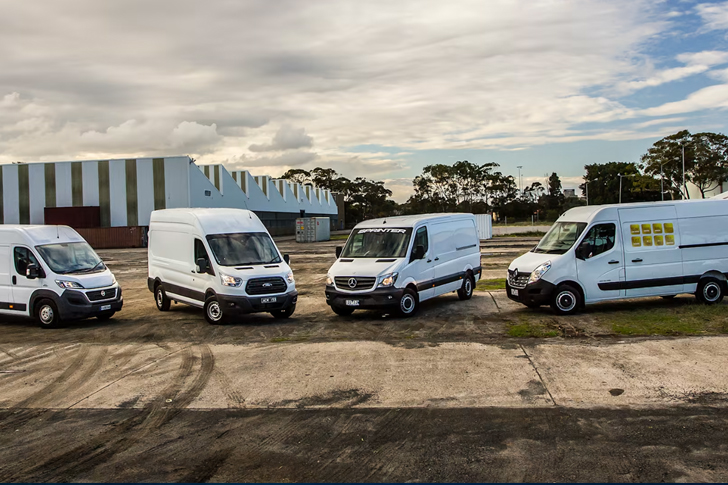Affordable Vans
Vans have become an essential part of many different lifestyles, from small businesses that rely on them for transportation of goods, to families and adventure seekers who use them for travel and recreation. However, purchasing a van can be a significant investment, and affordability is often a key concern. In this article, we explore viable and economical options for purchasing vans that won’t break the bank but still meet the criteria for reliability and functionality.

Finding Value in Used Vans
The second-hand market is a treasure trove for those looking to buy a van without spending the amount required for a new model. Used vans typically offer excellent value, especially if you focus on vehicles that are 3 to 5 years old. According to the auto research site Edmunds, depreciation means that a van that is three years old can cost 40% to 50% less than the newest model. For small businesses or individuals on a limited budget, a well-maintained used van can provide the functionality needed at a fraction of the cost of a new one.
What to Check When Buying a Used Van
Although used vans are affordable, they come with their risks. It’s important to carry out a comprehensive check to ensure that you are making a worthy investment. Key areas to inspect include the engine, transmission, brakes, and suspension. Additionally, considering the history of the van through tools like CARFAX can provide insights into previous accidents, usage, and maintenance. Always take the van for a test drive and consider having it inspected by a trusted mechanic.
Leasing: An Alternative to Owning
For those who need a van for business purposes but can’t justify the outright purchase price or who prefer not to deal with potential maintenance issues associated with older models, leasing provides a great alternative. Leasing a van can be cheaper in terms of monthly payments compared to buying a new van with a loan. For example, the monthly lease payment for a mid-sized commercial van can often be around $300, depending on the lease terms, down payments, and the model of the vehicle.
Leasing also typically includes maintenance plans, reducing the risk of unexpected repair costs. However, it’s essential to consider that leases come with mileage limits, and exceeding them can be costly. Therefore, evaluate the terms carefully and ensure they align with your usage needs.
Government and Fleet Auctions
Another way to acquire an affordable van is through government and fleet auctions. These vehicles are typically well-maintained as they come from government agencies or corporate fleets. Given the number of vehicles they manage, these organizations regularly decommission and auction older models. The U.S. General Services Administration, for example, is known for auctioning off government-owned vehicles to the public. While these vans might have higher mileage, regular maintenance schedules followed by government agencies can make them a reliable choice.
Choosing the Right Van Model
Not all vans are created equal when it comes to affordability and maintenance costs. Models such as the Ford Transit, Mercedes-Benz Sprinter, and Chevrolet Express are popular for their reliability and availability of parts. However, they vary significantly in cost and fuel efficiency. For instance, a new 2023 Ford Transit starts around $35,000, while a used 2018 model could be found for about $25,000, depending on its condition and mileage.
In terms of fuel efficiency, the RAM ProMaster City claims one of the top spots with an average of 24 miles per gallon, which can save money in the long term for those using their van extensively. Therefore, it’s essential to balance initial costs against long-term savings when selecting a model.
Advancements in Electric Vans
With environmental concerns and fuel prices on the rise, electric vans have become an increasingly attractive option. Although the initial purchase price for an electric van can be higher – for example, the 2023 Ford E-Transit starts at around $43,295 – operational costs are generally lower compared to diesel or gasoline-powered vans. This is due to both the lower cost of electricity compared to fuel and reduced maintenance needs.
Furthermore, owners of electric vehicles can often take advantage of government incentives such as tax rebates and grants, making them more affordable. Make sure to research what incentives are available in your region as this can significantly offset the initial purchase cost.
Conclusion
Whether it’s buying a used van, leasing, or considering an electric alternative, there are numerous paths to acquiring a budget-friendly van. Each option comes with its pros and cons, and the right choice depends largely on individual or business needs, budgets, and preferences. By thoroughly researching and weighing each option, prospective van owners can find the perfect balance between cost and functionality, ensuring they receive the best value for their investment.







Recent Comments